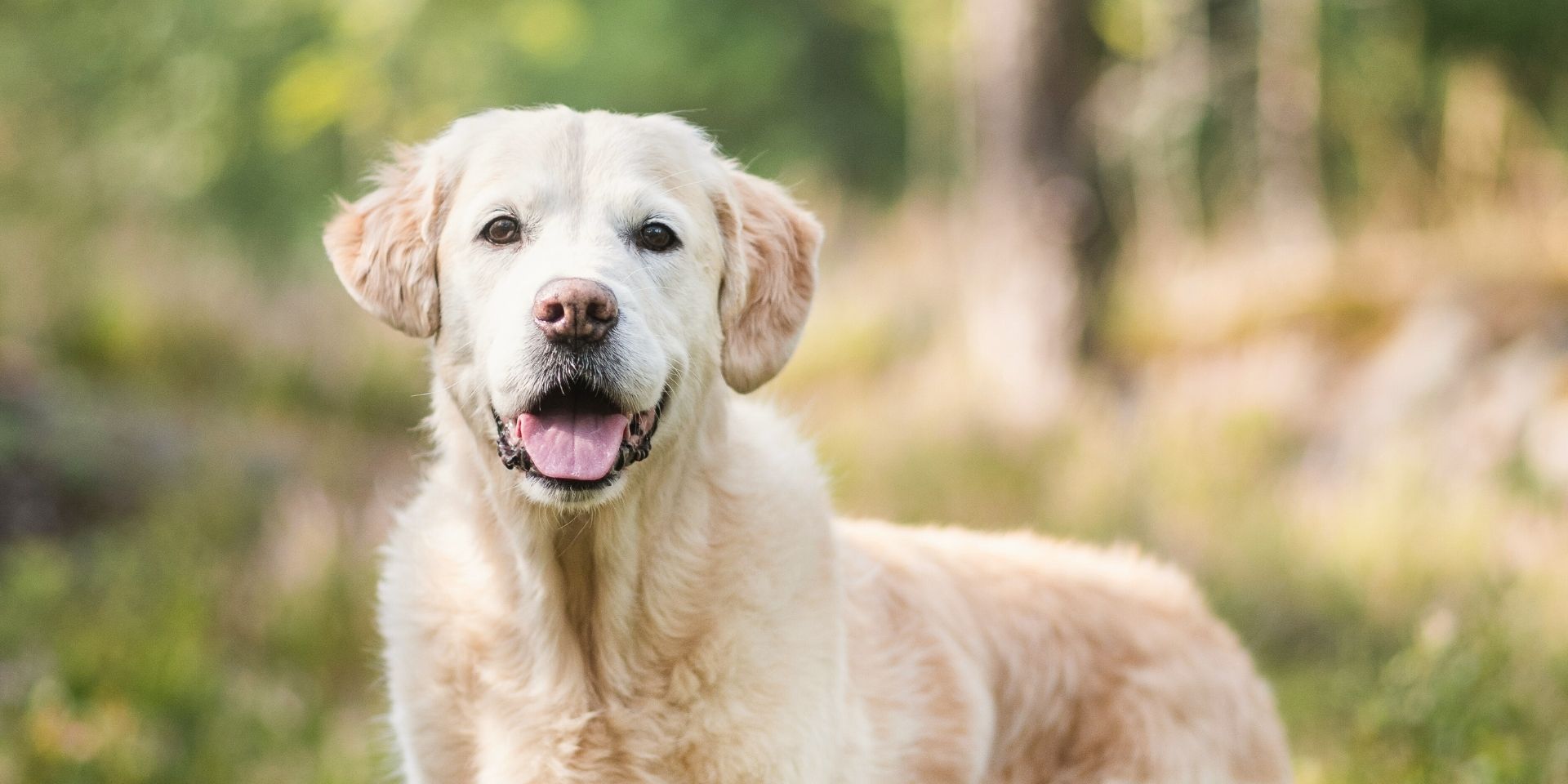
Aging is a natural process—not a disease—but it brings significant changes to a dog’s body. Senior dogs may experience slower digestion, reduced muscle mass, and diminished senses. Adjusting their diet can help maintain muscle, support immunity, prevent obesity and joint problems, and promote overall quality of life.
Why Senior Dog Nutrition Matters
As dogs age, their nutritional needs change. Maintaining muscle mass, supporting the immune system, and protecting joint and cognitive health require a diet tailored to their stage of life. Well-planned nutrition can extend healthy, active years and improve comfort in daily life.
Protein – More, Not Less
Maintaining lean muscle mass is crucial for senior dogs. High-quality animal proteins, such as chicken, turkey, fish, beef, or eggs, provide essential amino acids. According to the National Research Council (NRC), older dogs may need more than 4–5 g of protein per kilogram of body weight per day. Contrary to common myths, high-quality protein does not harm healthy kidneys, though dogs with kidney disease require veterinary guidance.
Fat – Adjust According to Energy Needs
Fat is the most concentrated source of energy for dogs, but aging may lower energy requirements. For dogs prone to weight gain, reduce fat intake and include filling fiber. Underweight or active senior dogs may need normal or higher fat levels. Healthy fat sources, such as fish oil and poultry fat, also support skin, coat, and joint health.
Antioxidants and Protective Nutrients
Older dogs are more susceptible to oxidative stress, which can contribute to disease development. Antioxidants like vitamins E and C, and minerals such as selenium, support immune function and cellular protection. Omega-3 fatty acids (EPA and DHA) reduce inflammation, support joints, and promote brain health, potentially slowing cognitive decline. B vitamins, including B12 and folate, help maintain nerve function and blood health.
Supporting Gut Health
Many senior dogs have sensitive digestion, which can result in loose stools or gas. Dietary fiber, such as psyllium or vegetables, helps regulate bowel movements. Prebiotics and probiotics support gut microbiota, which plays a key role in immunity. Slightly moist or warmed food can improve palatability and digestion.
Practical Tips
Feed smaller, more frequent meals to improve digestion and appetite. Monitor weight, body condition, and urinary habits regularly to detect early changes in health.
Collaborate with a veterinarian to ensure a diet tailored to your dog’s individual needs.
Summary – The Importance of Nutrition for Senior Dogs
Feeding a senior dog is not about restriction but refinement. Protein quality, appropriate fat, antioxidants, and gut-supporting nutrients are key to health and longevity. A properly balanced diet can add extra years of active, comfortable life for your aging companion.